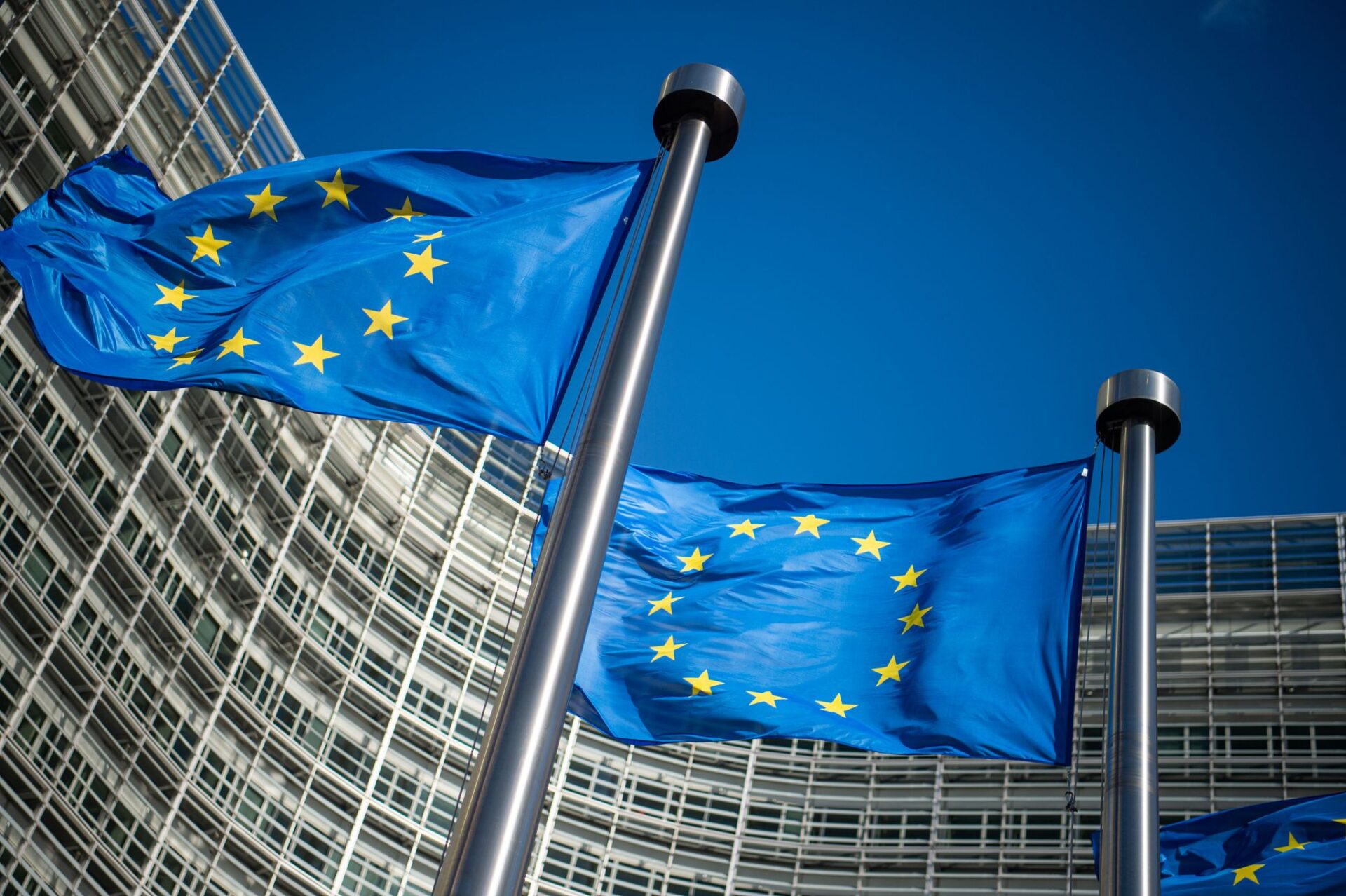Brussels (ANSA) – Emmanuel Macron and Olaf Scholz had promised after the first round among the leaders ended on June 17 with a gray smoke: the agreement on the new EU leadership would arrive soon. In the end, the principle agreement took shape in a videoconference, combining their voices with those of other negotiators from the Europeanist axis formed by the Populars, Socialists, and Liberals. The face of the new European Commission, barring any surprises, will still be Ursula von der Leyen.
Next to the EPP’s Spitzenkandidatin, the community’s foreign policy will be led by the liberal Estonian Prime Minister Kaja Kallas. While the Portuguese socialist Antonio Costa will orchestrate the work of the European Council. A trio that will most likely be joined by the Maltese Roberta Metsola – on behalf of the EPP – for a second term at the Eurochamber. A roster of “stable” names for weeks but which was weighed down by the Populars’ rise, who, riding the wave of electoral triumph, had requested a change at the helm of the European Council, thus risking to derail the entire table.
The six negotiators – alongside Macron and Scholz, also Pedro Sanchez, Kyriakos Mitsotakis, Donald Tusk, and Mark Rutte – met for a limited round with the same package of candidates on the table. The Italian Prime Minister, Giorgia Meloni, did not participate in the negotiations. An exclusion that, after the trail of discontent over the past week, was still mitigated with a key reassurance: von der Leyen will negotiate behind closed doors with her the price of Rome’s support for an agreement for which a qualified majority (at least 15 countries representing 65% of the EU population) will suffice, thus no leader will have veto power.
In exchange, the guarantee is that Meloni “will obtain a substantial portfolio” in the next Commission, as per her request. If everything goes smoothly at the EU leaders’ table, the last obstacle in front of von der Leyen to secure a second term will be the mid-July plenary vote at the Eurochamber. Where the uncertainty of independent voters remains alive. The European Socialists, through their recently re-elected group leader Iratxe Garcia Perez, have already made it clear that the agreement “is not a blank check” and that their support will depend on the program the German will be able to draft (June 25).
 go to the original language article
go to the original language article
